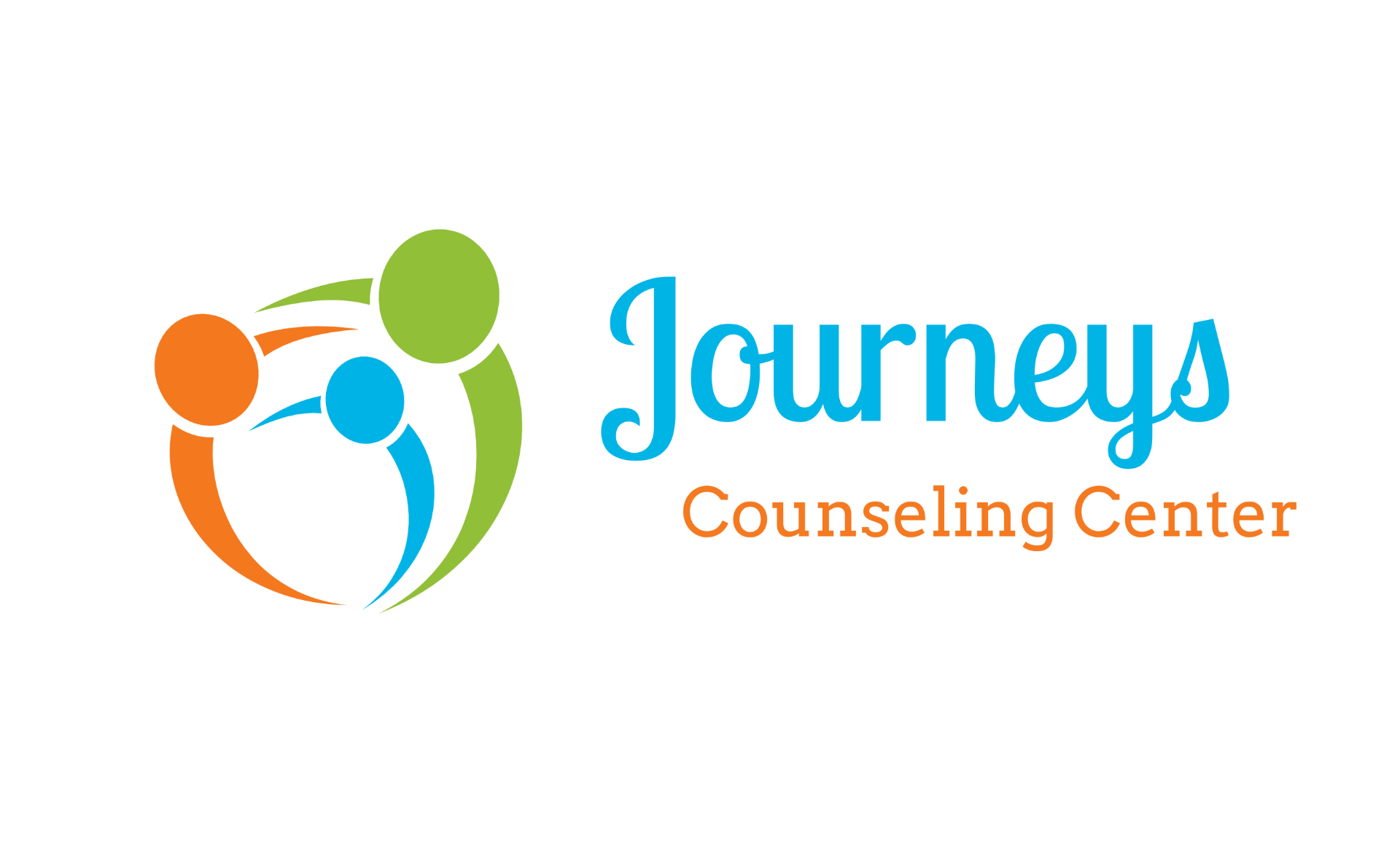Types of Therapy for Depression: Choosing the Right Approach for You

Depression is a complex and deeply personal experience that can affect every aspect of life, from emotions and relationships to work and daily activities. If you’re struggling with persistent sadness, loss of interest, or feelings of hopelessness, seeking therapy can be a powerful step toward healing. At Journeys Counseling Center in Lubbock, we offer various therapeutic approaches tailored to your unique needs. Understanding the different types of therapy available can help you choose the right path to recovery.
Signs It’s Time to Seek Therapy for Depression
Depression can show up in many ways, and understanding some of the red flags is the first step in seeking support. Common indicators that therapy may be beneficial include:
- Changes in appetite, weight, or sleep patterns
- Feelings of shame, worthlessness, or excessive guilt
- Low energy or difficulty concentrating
- Ongoing sadness, emptiness, or hopelessness
- Lack of interest in things you once enjoyed
- Irritability, frustration, or mood swings
- Withdrawal from friends, family, or social activities
- Suicidal thoughts or self-harm tendencies
If any of these symptoms resonate with you, therapy can provide tools and strategies to help you manage and overcome depression.
Types of Therapy for Depression
There are several evidence-based therapy approaches that can help individuals struggling with depression. The right type of therapy depends on your specific needs, preferences, and circumstances.
Individual Therapy
Sometimes, individuals simply need a safe, nonjudgmental space to talk and be heard. Individual, talk therapy provides emotional validation, encouragement, and practical guidance for managing daily challenges. It can be a valuable tool for those experiencing situational depression or needing additional support alongside other therapy approaches.
Cognitive Behavioral Therapy (CBT)
CBT is one of the most widely used therapies for depression. It focuses on identifying and changing negative thought patterns that contribute to depressive feelings. By learning to challenge distorted thinking and replace it with healthier perspectives, clients gain practical coping skills to manage their emotions and behaviors. CBT is particularly effective in addressing self-defeating beliefs and breaking the cycle of depression.
Dialectical Behavior Therapy (DBT)
Originally designed for individuals with borderline personality disorder, DBT has proven highly effective for those with depression, particularly when emotional regulation and distress tolerance are major challenges. DBT incorporates mindfulness, interpersonal effectiveness, emotion regulation, and distress tolerance techniques to help individuals manage overwhelming emotions and build healthier relationships.
Interpersonal Therapy (IPT)
IPT focuses on how interpersonal relationships and life events impact emotional well-being. This approach helps clients identify problematic patterns in relationships and work toward improving communication, setting boundaries, and resolving conflicts. IPT is particularly beneficial for individuals whose depression is linked to grief, relationship struggles, or major life transitions.
Faith-Based Christian Counseling
For those who find strength and guidance in their faith, Christian counseling offers an integrative approach that combines psychological principles with biblical teachings. This type of therapy allows individuals to explore their struggles in the context of their Christian beliefs, drawing upon prayer, scripture, and spiritual guidance to find hope and healing.
Mindfulness-Based Cognitive Therapy (MBCT)
MBCT combines principles of CBT with mindfulness practices, such as meditation and deep breathing. This approach helps individuals become more aware of their thoughts and emotions without reacting impulsively. By cultivating present-moment awareness, clients learn to manage depressive symptoms, reduce rumination, and prevent relapse.
Choosing the Right Therapy for You
Each person’s journey with depression is unique, and the best therapy approach depends on individual needs and preferences. If you’re unsure which type of therapy is right for you, a licensed therapist can help assess your situation and recommend the best course of treatment. Some individuals benefit from a combination of approaches, such as CBT with faith-based counseling, to create a well-rounded plan for healing.
Get Help With Healing From Depression
You don’t have to navigate depression alone. At Journeys Counseling Center in Lubbock, our compassionate therapists are here to help you find the approach that best suits your needs. Whether you’re looking for evidence-based therapy, faith-based guidance, or a supportive space to share your struggles, we are here for you. Contact us today to schedule an appointment and take the first step toward a brighter, healthier future.

